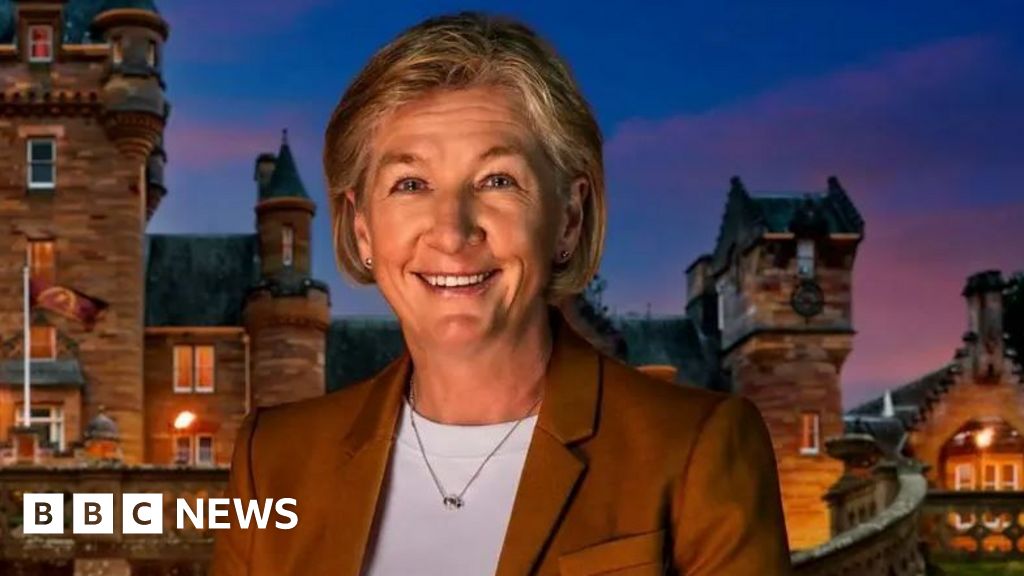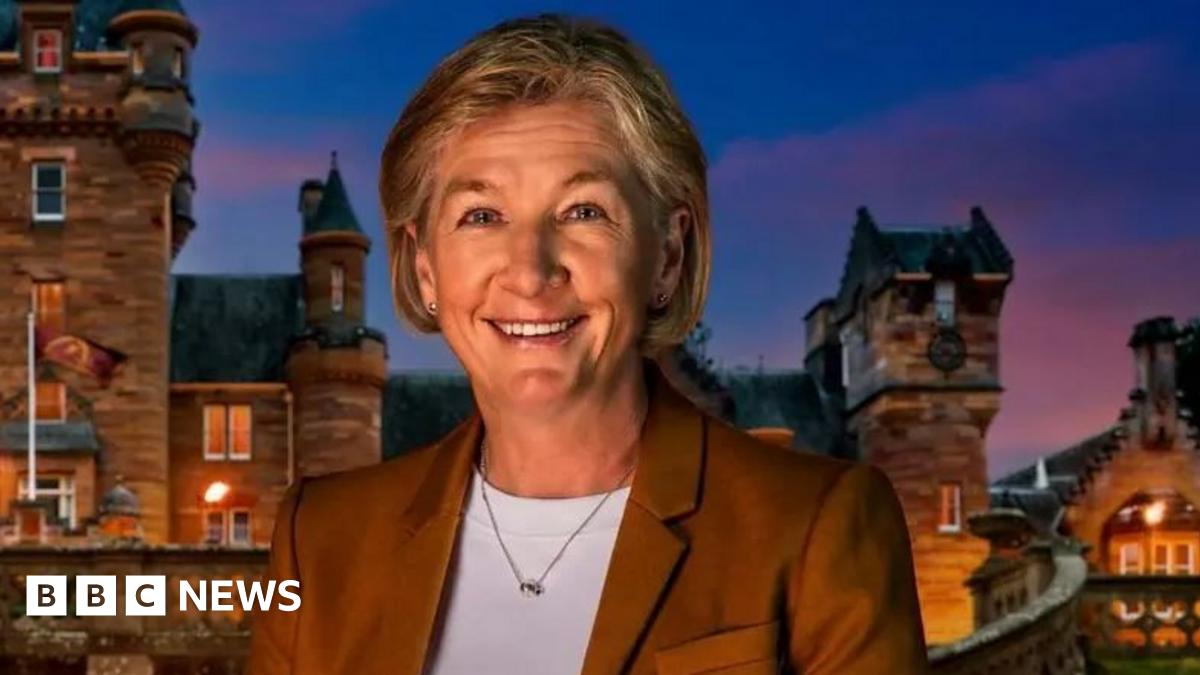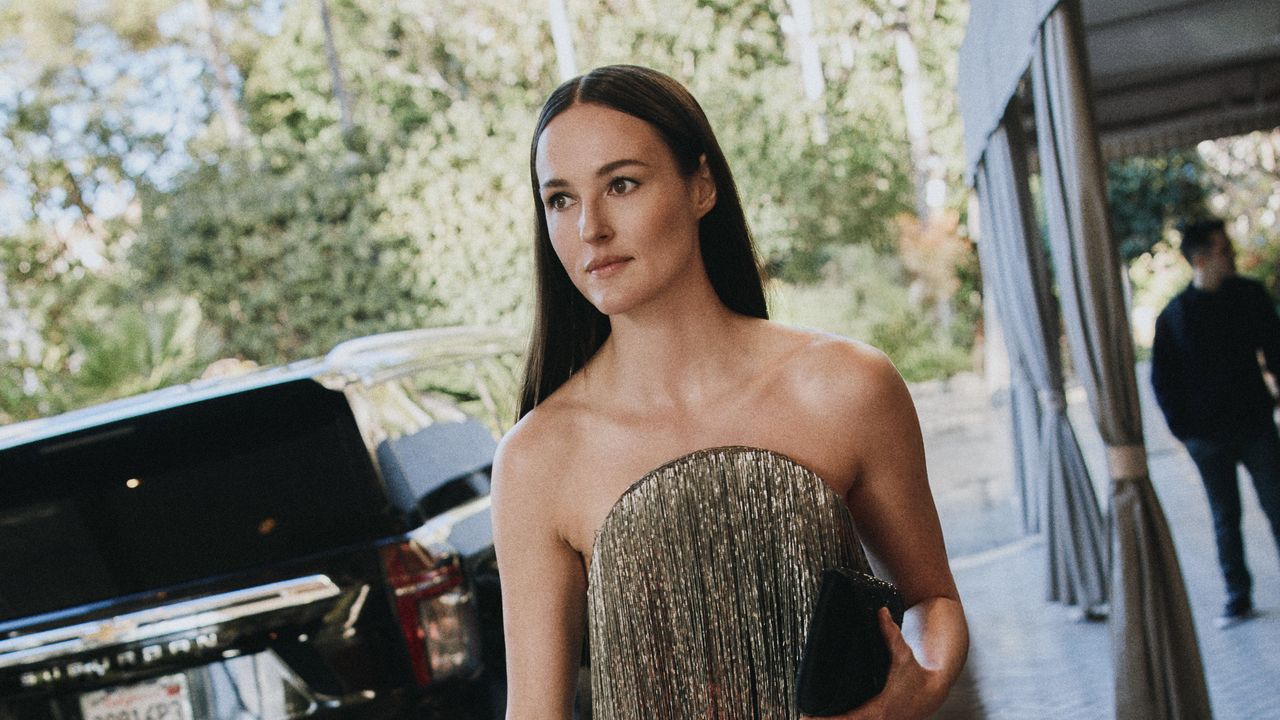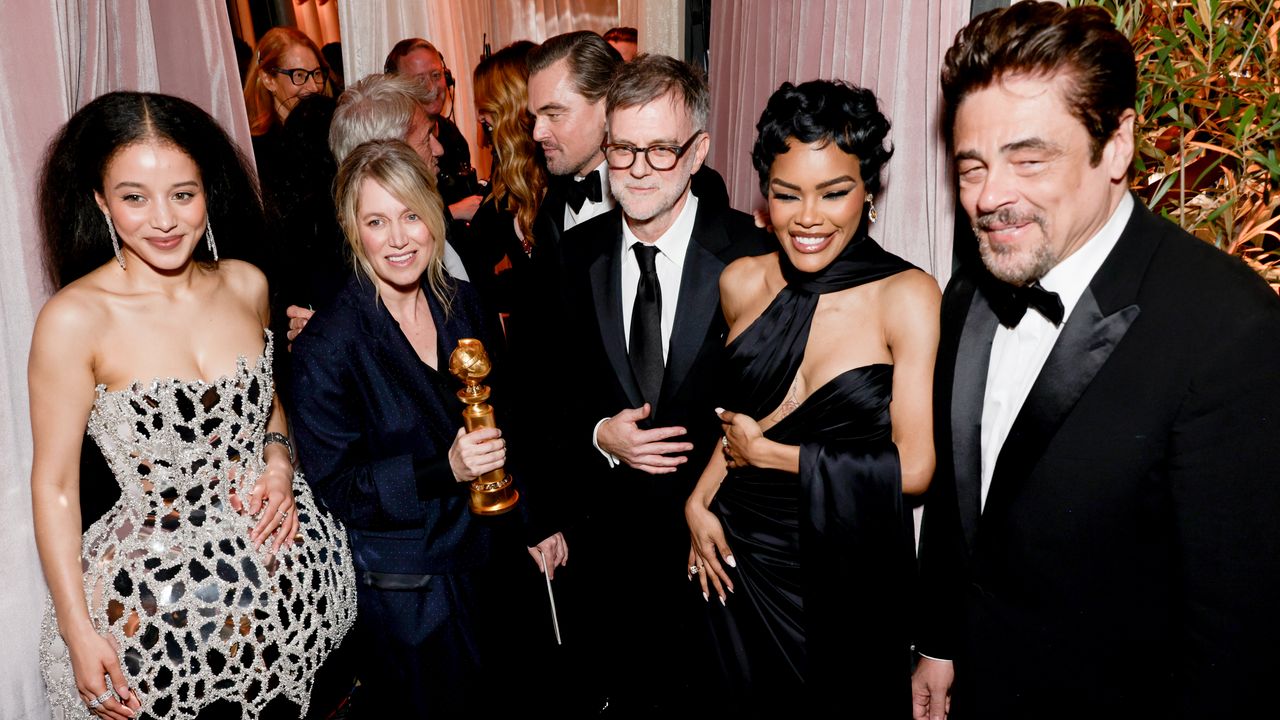 BBC/Studio Lambert/Cody Burridge/Matt Burlem
BBC/Studio Lambert/Cody Burridge/Matt BurlemSpoiler warning: This article contains details of the new series of The Traitors.
A former detective who appeared…

 BBC/Studio Lambert/Cody Burridge/Matt Burlem
BBC/Studio Lambert/Cody Burridge/Matt BurlemSpoiler warning: This article contains details of the new series of The Traitors.
A former detective who appeared…
Press Release: Monday, 12 January 2026
More than 60 local, national and international artists joined community representatives at the recent Longford Lights Seminar, marking a key milestone…

Collier now volunteers by taking people with disabilities or conditions such as dementia out on trips.
Now an advocate for the British Heart Foundation (BHF), she said she wants to use her platform to raise awareness of heart disease.
“I want to…

Renate Reinsve continued her Louis Vuitton love affair at the 2026 Golden Globes. The Norwegian actor, who was nominated for her starring role in Joachim Trier’s Sentimental Value teamed up with Nicolas Ghesquière for an aged gunmetal…

NEW YORK — Mattel Inc. is introducing an autistic Barbie on Monday as the newest member of its line intended to celebrate diversity, joining a collection that already includes Barbies with Down syndrome, a blind Barbie, a Barbie and a Ken with…

A new state law would require outdoor lighting across Maine to be dimmed at night in an effort to protect the state’s wildlife and dark skies.
Maine Audubon’s Francesca Gundrum said the measure helps…

One hundred years of a unique literary rural life will be made available to readers and researchers after the British Library acquired the archive of Ronald Blythe.
The author of Akenfield, a globally bestselling account of a Suffolk village in…

Chris Roberts, a long-serving church musician and community figure in Conwy, has been awarded the British Empire Medal (BEM) for services to young people, charity and music.
Chris, a former councillor and honorary Bailie of Conwy, began playing…
Close out an epic day on the slopes with the ultimate après ski karaoke experience at Tram Dock! As the lifts stop spinning, join us to sing your heart away at karaoke night. With tasty food, craft drinks, and a vibrant community, there’s…

There’s something about Jessie Buckley—the British Vogue cover star fills a room with warmth. At the 2026 Golden Globes, after picking up the statuette for best female actor (drama) for her devastatingly emotional performance in Hamnet, she…